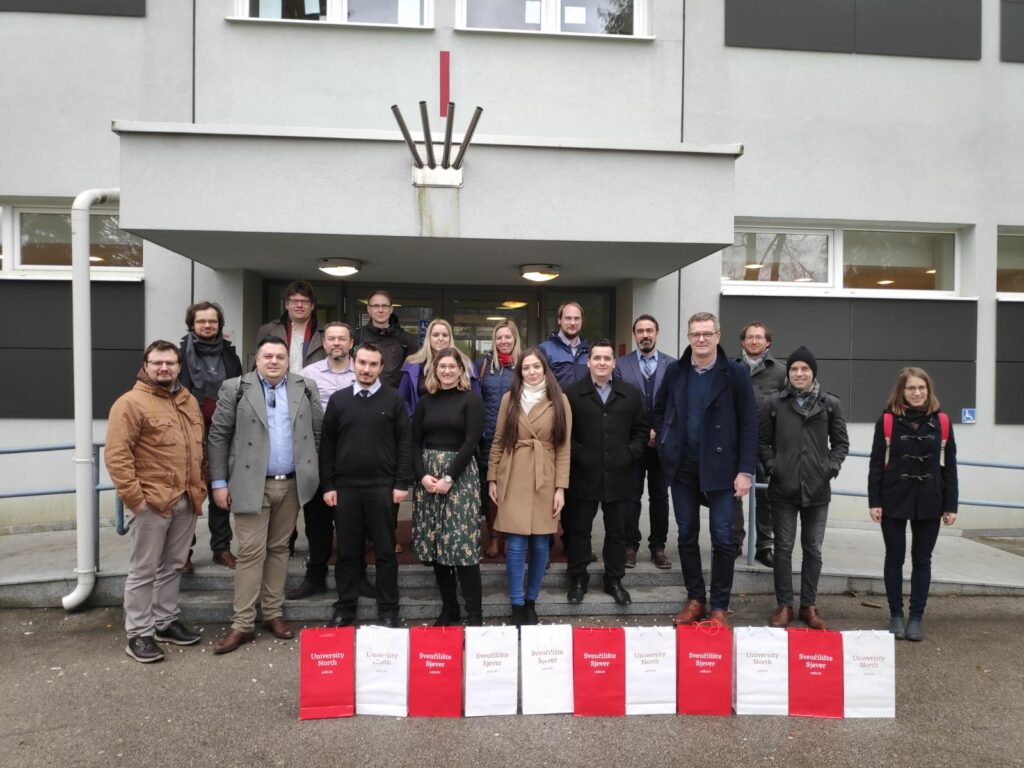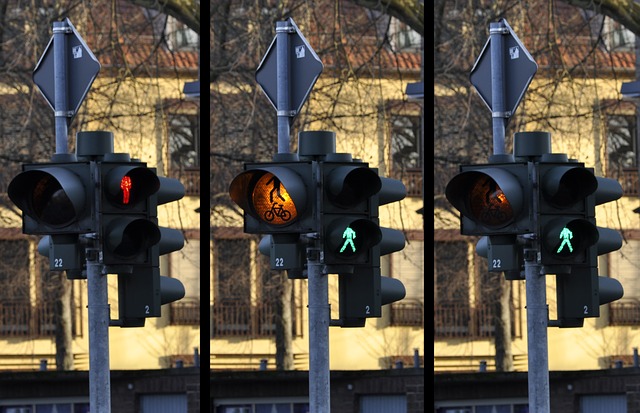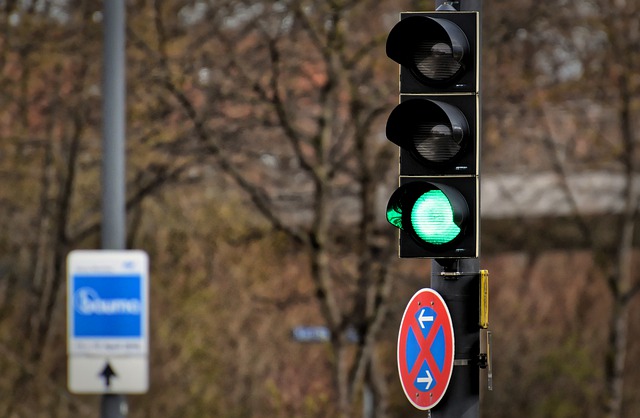LOW-CARB Final Conference
LOW-CARB is a transnational project in Central Europe increasing the planning capacities of organizations and city governments to transition to low-carbon mobility and transportation. It is tackling burning issues of Sustainable Urban Mobility Planning such as integrating low-carbon mobility measures for users, creating institutional cooperation and fostering joint financing, as well as facilitating Functional Urban Areas with creating action plans that make low-carbon transit and travel a reality.
On 25th of November, LOW-CARB will present its major outputs and public resources including: tools, lessons learned, and pilot implemented over the past 3 years as an Interreg Central European project.
Registration is now open at:
https://attendee.gotowebinar.com/register/9172436471433042703
You can download the most recent agenda here.
LOW-CARB Final Conference Read More »










